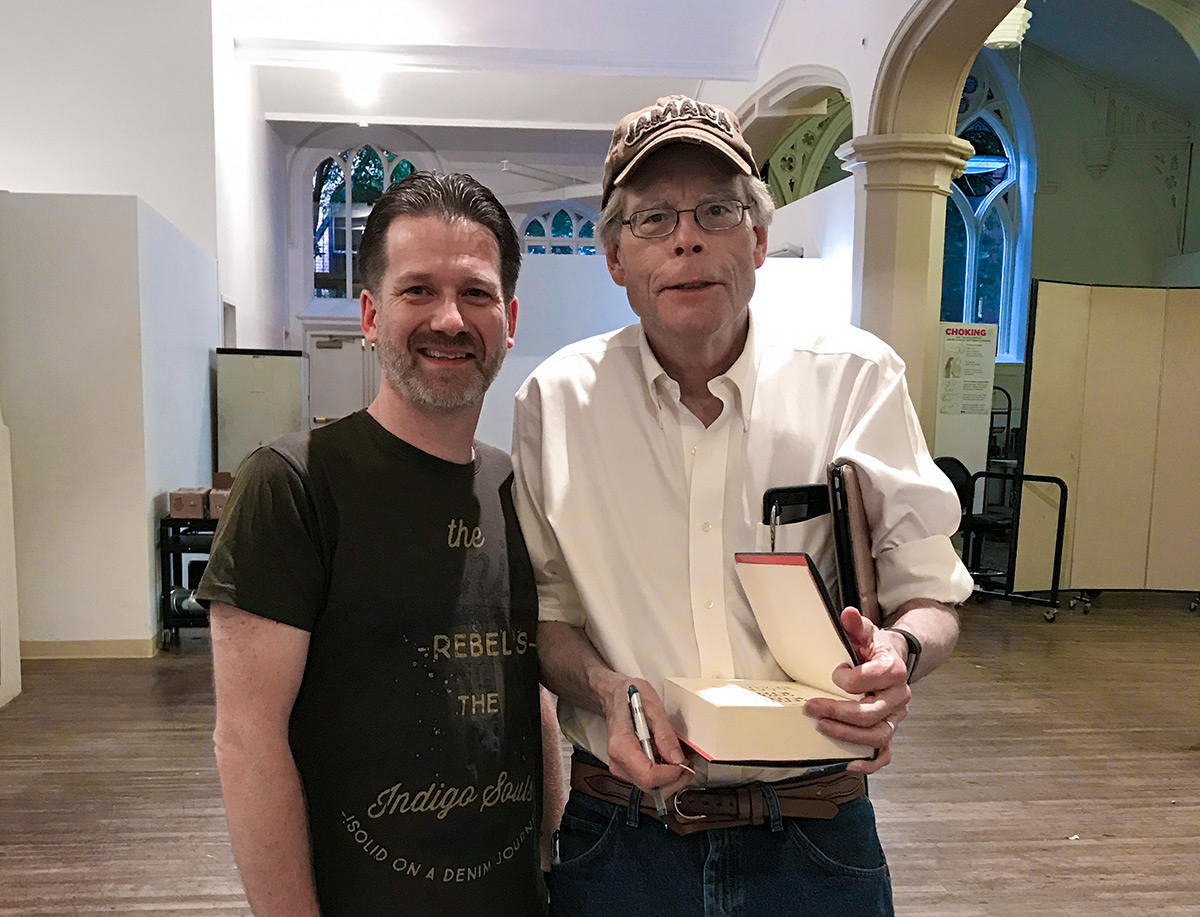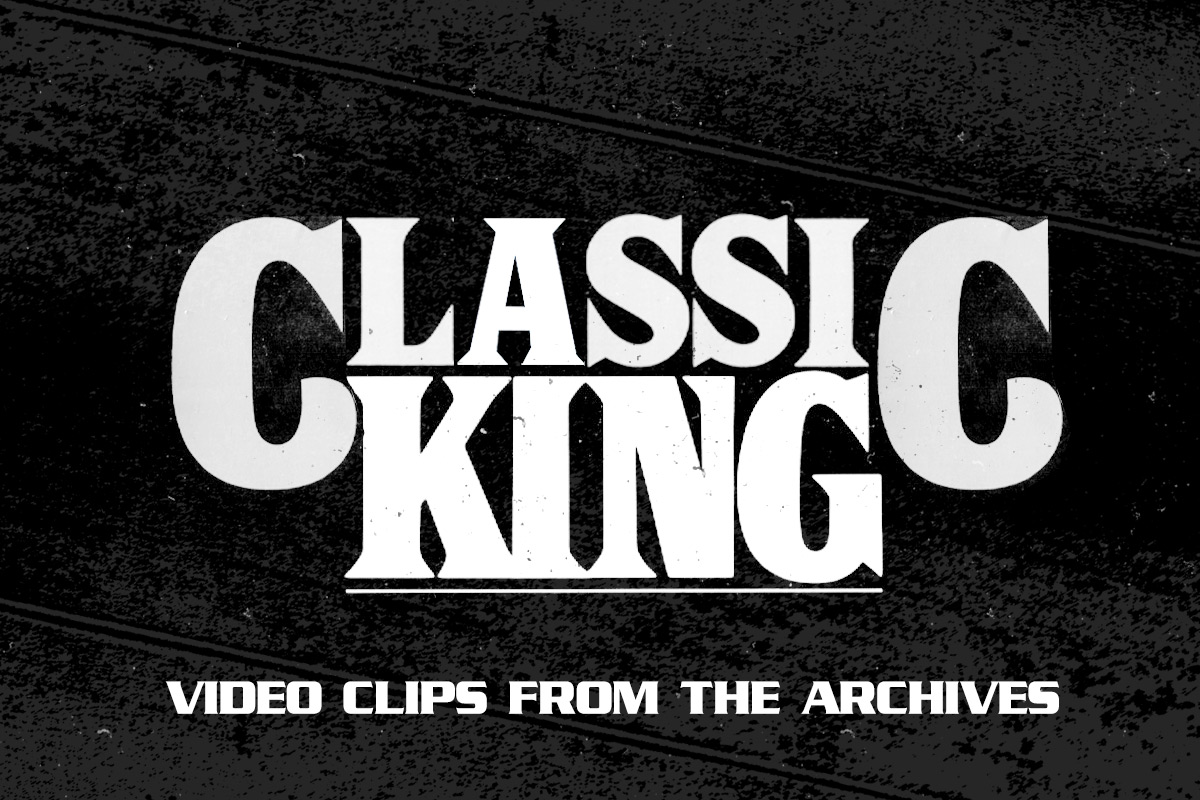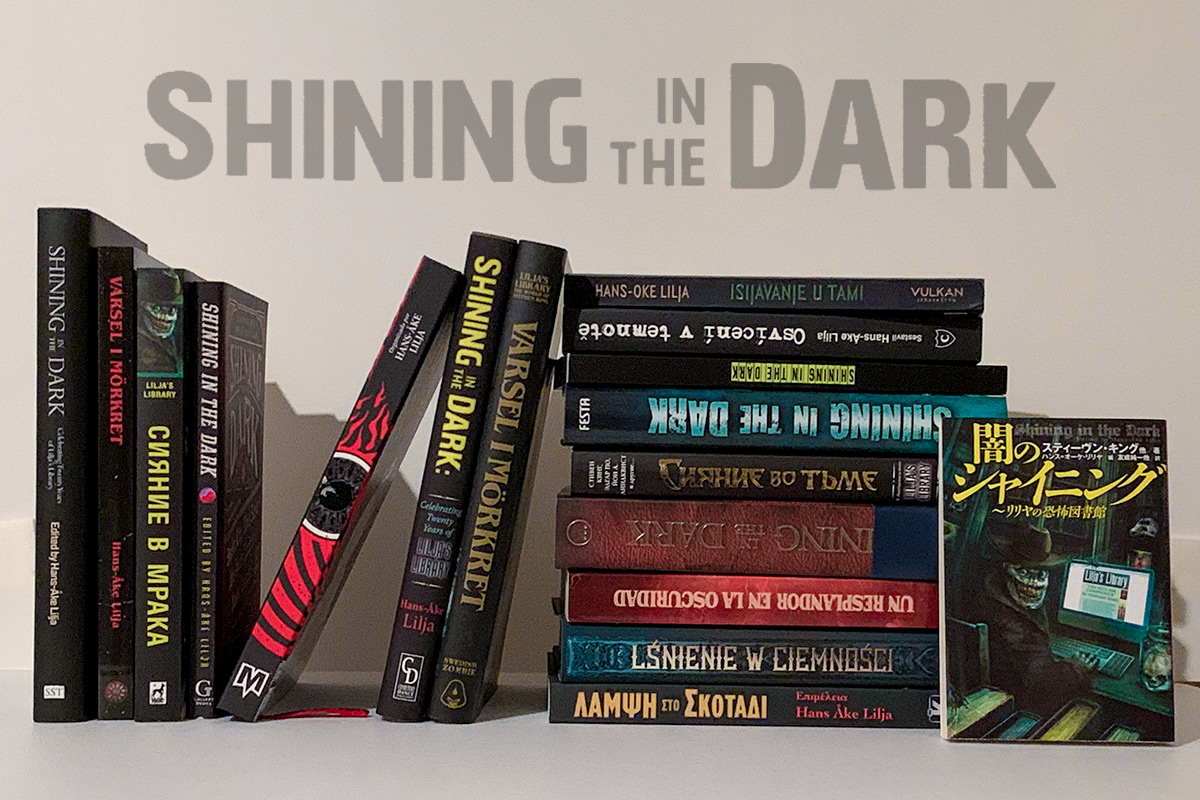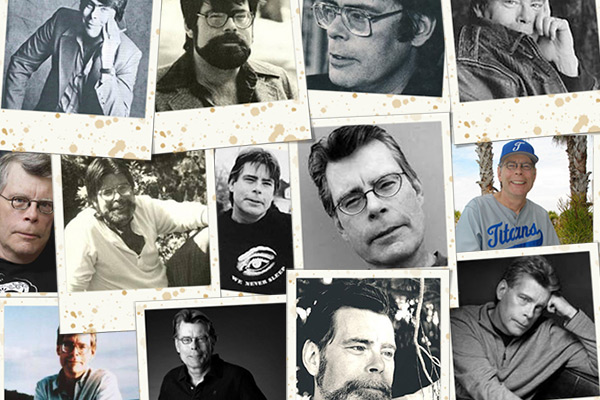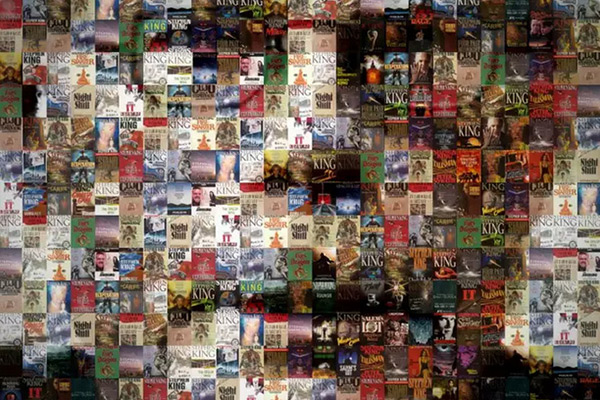Jim Bishop
Posted: November 21, 2016
_
******************************************************************************************************************************************

By way of introduction, I retired a few years ago as a lecturer in the English department of the University of Maine, where, decades earlier I had Steve as a student in what was his first class (Freshman Comp) there. I also co-taught a memorable seminar in contemporary poetry with Burt Hatlen in which Steve and some of the essayists in “Hearts in Suspension,” as well as Tabitha Spruce (now King), were very active participants. Some of them comment on that seminar in the book.
 You ask about the genesis of “Hearts in Suspension.” You know, ideas happen --who knows where they come from. I had always thought that “Hearts in Atlantis” (the novella), for all its bad-boy vibe (even the names: Ronnie Malenfant), really plumbed a much deeper and more heartfelt current. I thought Steve really caught something in that story of what it felt like to be a working class kid, coming of age in the boil of the late ‘60s, with all the highs and heartaches of that formative time of life, with the added charge of the student movements, the sense of hope and promise in all that, but looming over it all, the toxic shadow of the Vietnam war and the draft. And at the edge of it all, the encroaching awareness on the part of Peter Riley, Steve’s avatar in the narrative, that he was approaching that one-way door to adulthood, whatever robberies that might entail. In late summer of 2015, as we were approaching the 50th anniversary year of Steve’ entrance as a student into UMaine in the fall of 2016, it occurred to me that it would be interesting if Steve were to write an essay --a nonfiction narrative --looking back at his student days, and to pair his nonfiction take with the fictionalized version. So, in August, 2015, I proposed it to him. “Pitched” it, as he said. I could see Steve was understandably reluctant at first to reenter those murky waters, but thankfully he decided to take the plunge (and, by the way, to donate what would have been his proceeds from the book to the University of Maine Press). I also suggested that we ask some of Steve’s fellow students from the time to write accompanying essays, recounting their own experience of those formative years. Steve loved that idea. And so I set about tracking them down, one by one. And we were on our way.
You ask about the genesis of “Hearts in Suspension.” You know, ideas happen --who knows where they come from. I had always thought that “Hearts in Atlantis” (the novella), for all its bad-boy vibe (even the names: Ronnie Malenfant), really plumbed a much deeper and more heartfelt current. I thought Steve really caught something in that story of what it felt like to be a working class kid, coming of age in the boil of the late ‘60s, with all the highs and heartaches of that formative time of life, with the added charge of the student movements, the sense of hope and promise in all that, but looming over it all, the toxic shadow of the Vietnam war and the draft. And at the edge of it all, the encroaching awareness on the part of Peter Riley, Steve’s avatar in the narrative, that he was approaching that one-way door to adulthood, whatever robberies that might entail. In late summer of 2015, as we were approaching the 50th anniversary year of Steve’ entrance as a student into UMaine in the fall of 2016, it occurred to me that it would be interesting if Steve were to write an essay --a nonfiction narrative --looking back at his student days, and to pair his nonfiction take with the fictionalized version. So, in August, 2015, I proposed it to him. “Pitched” it, as he said. I could see Steve was understandably reluctant at first to reenter those murky waters, but thankfully he decided to take the plunge (and, by the way, to donate what would have been his proceeds from the book to the University of Maine Press). I also suggested that we ask some of Steve’s fellow students from the time to write accompanying essays, recounting their own experience of those formative years. Steve loved that idea. And so I set about tracking them down, one by one. And we were on our way. I can’t know what might have gone through the minds of the several former students when I first contacted them with my proposal, but just try to imagine, if you even can, what it would be like for them to be asked, out of the proverbial blue, to dredge back into their own memories of those lost Atlantis years, half a century distant. A time when most of the readers of this book, I imagine, would not have been even a devilish twinkle in their parents’ eyes. And they were given no restrictions or topic guidelines, by Stephen or myself, except to try to recapture what they could of their own memories of that time and to assemble them into some kind of coherent narrative. Pretty damn gutsy on their part, these refugees from that sunken Atlantis of the ‘60s-- that they took on the challenge and plunged in. I tried to edit as lightly as possible in the process, to maintain their individual voices and manners of expression. I read their drafts and made my suggestions, but told them that they would be the final arbiters of their essays. Kudos to them for taking it on and for what has come together as a result.
I also want to give a special commendation here to Steve, not only for agreeing to give my original proposal a try, but for approaching this operation (in every sense) with candor and an open-heart. It sure wasn’t a walk in the park, plunging back there into that fraught time --he took it on, and I think his readers will agree that the result was something special. I want to mention as well that, as editor of this collection, one of my principal responsibilities was to respond to Stephen’s early drafts with my editorial suggestions. Well, I’d edited his writing 50 years ago, in freshman comp, but he’d been down a few narrative roads since then, and I wondered how he’d react to his old prof, the ghost of Christmas Past, again blue-penciling his compositions. I have to say, he was absolutely a pro in all his dealings with me--accepted a number of my suggestions, which he thought appropriate, and stood pat on others. Nothing high-handed or divaish in any part of the exchange. And an amusing sidelight: I later submitted my own essay to him for his examination, even though he hadn’t asked to review it. He sent me a very few suggestions, which were indeed helpful. But he also added that editing his old prof had a decidedly Freudian dimension. Well, son, we both survived it.
You ask, Lilja, about the aftermath of the book’s publication --what reactions I’ve received from readers. It’s still very early, less than two weeks after the book’s release as I write this, but everything I’ve heard so far has been very positive. I just read in a local newspaper, for example, that “Hearts…” was one reader’s favorite book in the last year. Another reader wrote to the UMaine Press that she cried reading the book, having to do, I think, with the spirit of hope and belief in the possibilities of collective effort that the book chronicles. I’m personally struck by the sheer coincidence that the book was released the day before our Presidential election in the U.S. Or are there really coincidences? Call it a striking synchronicity. Strangely, the spirit that comes through this collection of voices has become for me personally a kind of smelling salts and reviver of my own spirit in the wake if that election.

As for my own new-found visibility in the wake of the book’s emergence, well, yes, I’ve been asked for an autograph or two--ha ha. Clearly, at the age of 77, this is my five minutes in the sun, right? OK, so allow me to bask a minute in this celebrity-by- association. This too shall pass. What is far more meaningful is the book itself, now finding its way into the world, with no further need of mothering or fathering from this corner. I wish it well and hope it finds its way into the hands of your readers. I would welcome any feedback through your site.
******************************************************************************************************************************************
The first photo is a recent one of Jim and the other a staged photo of Jim from the late '60s, taken by Burt Hatlen.

